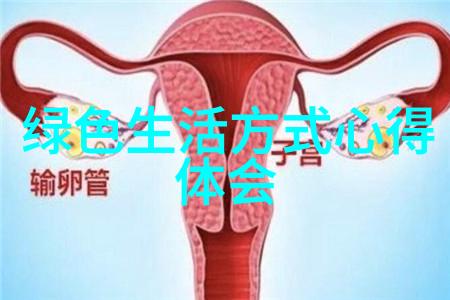金属防腐过滤网的选择与应用
不锈钢金属过滤网的定义与特性

不锈钢金属过滤网是一种常见的工业筛分设备,主要由多层细密排列的金属丝或绳组成。这些丝或绳通常采用高强度、高韧性的不锈钢材料制成,因此具备良好的耐腐蚀性和耐磨性能。在选择不锈钢金属过滤网时,首先需要明确其适用的工作环境和所需处理物料,以确定合适的材料类型、孔径大小以及其他相关参数。
不锈钢金属过滤网在食品加工中的应用

在食品加工行业中,不锈钢金属过滤网因其对食材无毒害且易于清洁维护而广泛使用。例如,在果蔬清洗、肉类去骨等过程中,不锈鋼過濾網可以有效地去除杂质,同时保持产品原有的口感和营养价值。此外,对于一些特殊要求如无菌生产线,也会选用更为精细的不锈鋼過濾網来确保产品质量。
不锈钢金属过滤网在化工行业中的应用

化工生产中,由于各种化学品对传统塑料或者木质筛面有严重腐蚀作用,所以必须采用具有极佳抗化学介质能力的材料进行筛分。不锈鋼過濾網正是满足这一需求,它能抵御多种酸碱溶液,并且能够承受较高压力下的流体输送,无论是在油气处理还是水处理领域,都能提供稳定的操作性能。
不锈steel metal filter net in environmental protection industry

Environmental protection industry faces the challenge of treating various types of wastewater and industrial waste, which requires advanced filtration technology to ensure efficient removal of pollutants and contaminants. Not only does stainless steel metal filter mesh possess excellent corrosion resistance but also provides a reliable solution for this field by effectively trapping suspended solids, heavy metals, and other harmful substances.
Selection criteria for not stainless steel metal filter meshes

When selecting not stainless steel metal filter meshes, several factors must be taken into account to ensure optimal performance under specific working conditions:
Material selection: The type of material used should be chosen based on the nature of the process or medium being filtered.
Mesh size: The appropriate mesh size should be selected depending on the desired particle retention level.
Surface finish: A smooth surface is beneficial for easy cleaning and maintenance.
Mesh shape: Square or rectangular mesh shapes are more effective than circular ones in retaining particles due to their larger surface area.
Maintenance and replacement strategies for not stainless steel metal filter meshes
Regular maintenance is crucial to extend the lifespan of not stainless steel metal filter meshes while ensuring continuous operation without compromising product quality:
Regular cleaning with mild detergents or steam can help remove accumulated impurities on the surface.
Replacement frequency depends on wear-and-tear rates determined by operating conditions such as flow rate, pressure differential, temperature fluctuations, etc.
By considering these factors during selection and application processes, industries can leverage high-quality non-stainless steel metallic filters efficiently for diverse tasks ranging from food processing to environmental remediation while maintaining safety standards throughout operations.